Peking University Law School and Singapore International Arbitration Center successfully held the seminar on “Cost Savings and Time Control: Emergency Arbitration, Quick Procedure and Immediate Rejection”
Date:2018-11-06
From October 13 to 14, 2018, the seminar on "Cost Savings and Time Control: Emergency Arbitration, Quick Procedure and Immediate Rejection" was successfully held at the (Leo) Koguan Building of Peking University Law School. The seminar was jointly organized by Peking University Law School and Singapore International Arbitration Center (hereinafter referred to as the Center). A team of professors led by Mr. Gary Born, Chairman of the Center and authoritative expert in the international arbitration community, and about 70 scholars, lawyers, arbitrators, corporate counsels and students from mainland China, Hong Kong, Macau and Singapore, the United States, and Poland. They had s Efficient and substantial study and discussion. Prof. Fu Yulin, A.P. Gao Wei, A.P. Liu Zhewei, Assistant Professor Cao Zhixun and more than ten graduate students from civil procedure law, civil and commercial dispute resolution, international economic law and other majors from Peking University Law School also participated in this seminar.
In the opening ceremony, Vice Dean of Peking University Law School Guo Li first extended a warm welcome to all participants, and pointed out that this seminar was the beginning of exchanges and cooperation between Peking University Law School and Singapore International Arbitration Center. The research on the further improvement and development of the arbitration system is believed to benefit every participant.
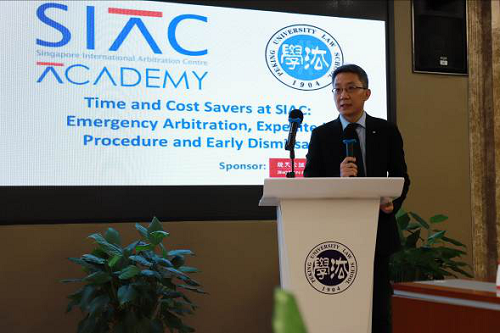
Subsequently, Mr. Gary born made a keynote report. Based on the five advantages of international arbitration, such as enforceability, fairness, professionalism, efficiency and rapidity, he briefly introduced the three parts of the forum theme: emergency arbitration, rapid procedure and summary dismissal. And he expressed the expectation to discuss with everyone in the forum to promote the development and improvement of relevant rules.
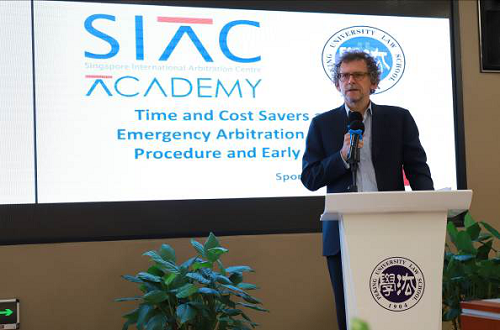
In the following two days, the participants discussed emergency arbitration, expedited procedures and summary dismissal from the perspective of the arbitrator, the perspective of the arbitrator and the perspective of the arbitral secretary. They covered relevant theoretical issues and attached great importance to paper writing and practical issues such as cost determination. Finally, the participants also conducted two practices of simulated arbitration through group confrontation. The participants spoke highly of the efficient and pragmatic style of the seminar, and believed that through the seminar they had a deeper understanding of the functions and procedures of international arbitration.
At present, the role of international arbitration in dispute resolution has become increasingly prominent, with great social needs and governance value. China's theoretical research, system construction and personnel training in this field have to be further developed and upgraded. In this context, the seminar jointly organized by Peking University Law School and the Center will help strengthen the research and teaching strength of Peking University Law School in the field of arbitration, improve the international arbitration discipline construction of Law school, and promote the training of international arbitration talents.

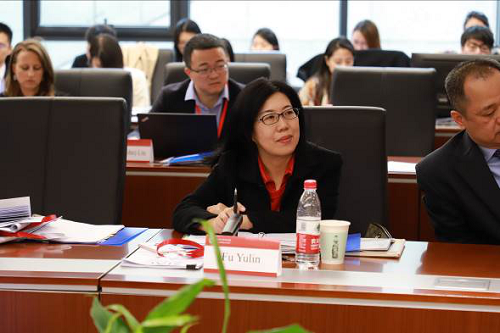
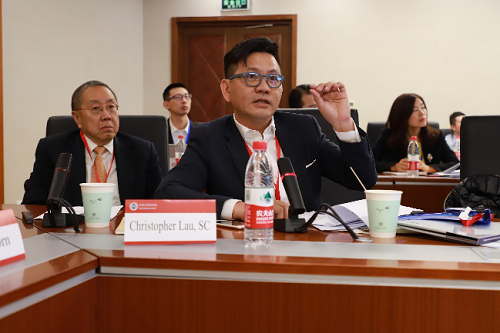
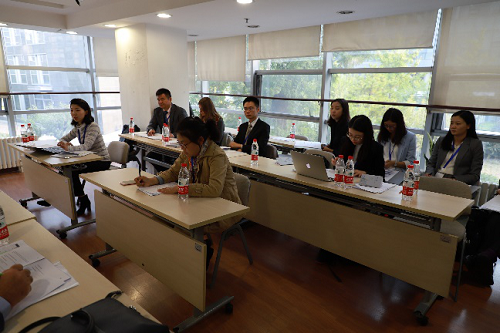
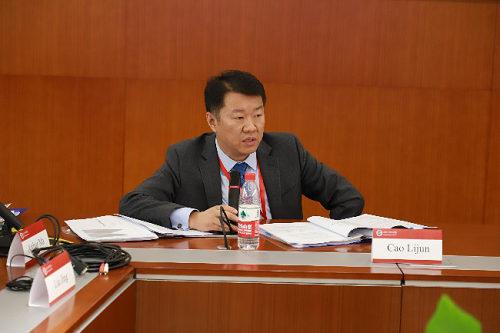
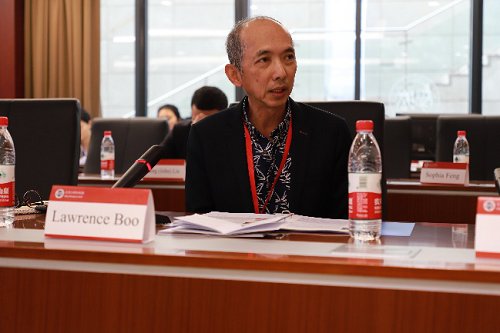
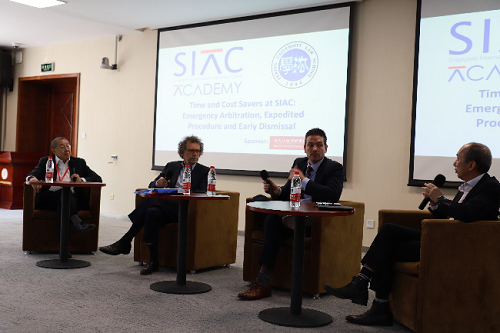
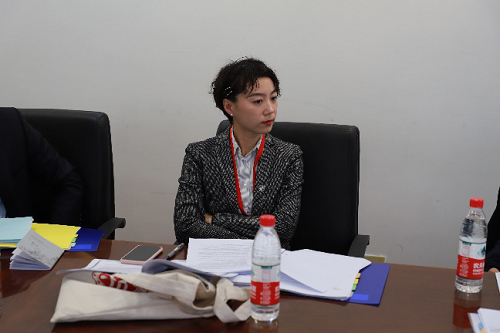
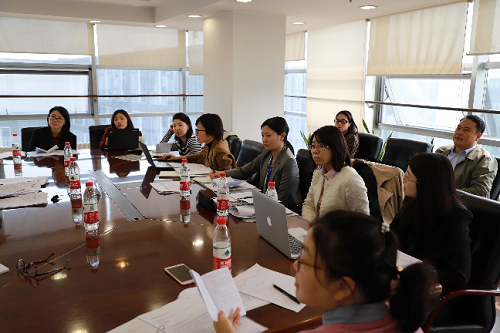
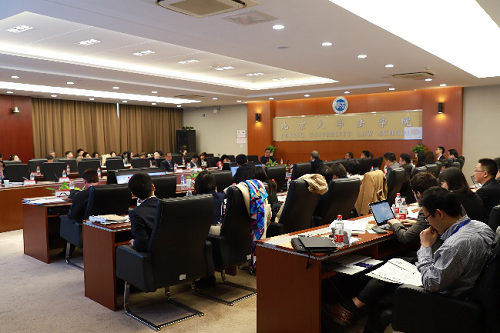
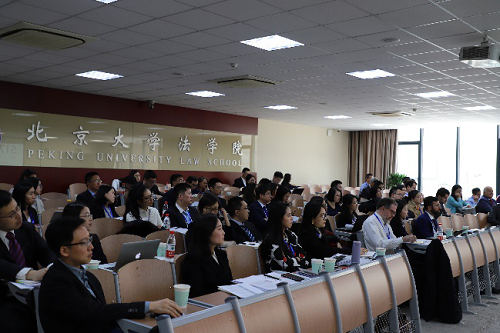
Translated by Wen Yuting



